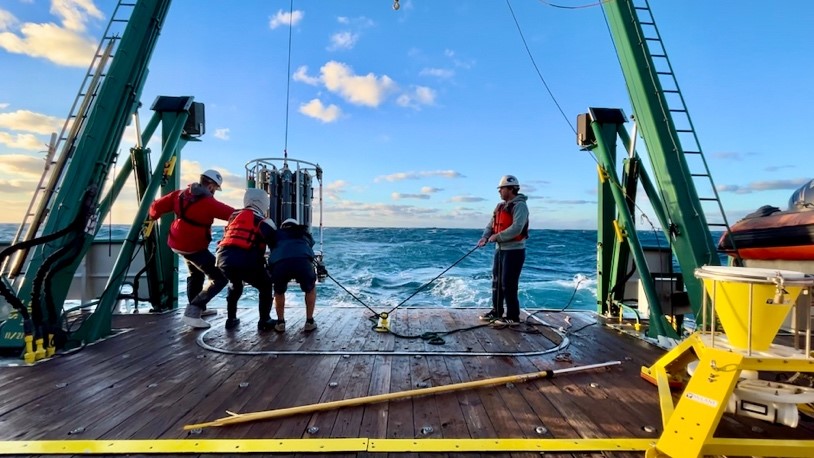 Results offer a glimmer of hope as climate change impacts coral reefs worldwide
Results offer a glimmer of hope as climate change impacts coral reefs worldwide
Researchers studying South Florida’s coral reefs found that the region’s nearshore reefs and more sheltered inshore areas are less vulnerable to ocean acidification than previously thought – a major climate-related threat to coral reefs as ocean waters absorb more atmospheric CO2 from the burning of fossil fuels.
This new study, led by scientists at the University of Miami Rosenstiel School of Marine, Atmospheric, and Earth Science, and the National Oceanic and Atmospheric Administration's (NOAA) Atlantic Oceanographic and Meteorological Laboratory (AOML), offers a glimmer of hope for Florida’s iconic coral reefs as ocean acidification, along with marine heat waves and other climate-related threats are impacting coral reefs worldwide.











